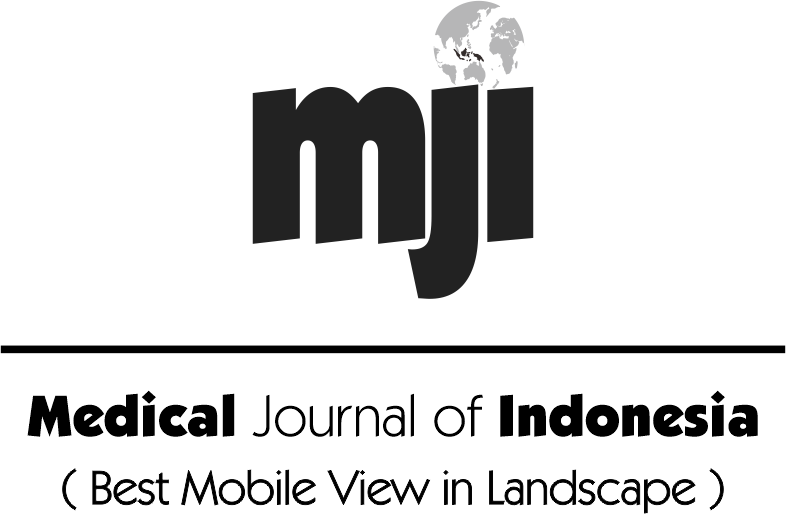Indonesia has faced the second wave of the the COVID-19 pandemic with a high number of causalities. Currently, the country is preparing for a potential third wave. Prior to COVID-19 pandemic, other pandemics had struck the world. We could learn from these pandemics and be prepared to face a similar condition in the future. Currently, we have more advantages i.e., the more advanced technology compared with a century ago when the Spanish Flu pandemic occurred. Now, we have a better technology for early detection of disease and acceleration of drugs and vaccine development. The early detection of COVID-19 using PCR test may trace COVID-19 suspects, including the non-symptomatic patients, allowing faster disease containment. Furthermore, the vast development of vaccine may help reduce mortality rate during the pandemic. The abundant evidence and publication from the global study, which have been published in peer-review journals, could be used as a source of knowledge to manage COVID-19.
In early August 2021, MJI organized a public discussion on a book entitled Perang Melawan Influenza: Pandemi Flu Spanyol di Indonesia Masa Kolonial 1918–1919 (The fight against Influenza: Spanish Flu Pandemic in Indonesia during the colonial era 1918–1919) written by Ravando Lie.¹ Although the data from the previous pandemic are limited, the book has confirmed that history repeats itself. The book depicts the similar ignorance on the scientific facts in the early phase of pandemic, which leads to fatal causalities. Furthermore, hoaxes and misinformation that existed during the 1919 pandemic and led to the late implementation of public health measures, currently have a higher impact due to social media.
The book shows that we need a comprehensive pandemic management strategy. The strategy, which was and is still an issue, should focus on how to strengthen (primary) health system capacity and how to increase community engagement as one of the important key factors in facing the pandemic. Community engagement can be seen as the core of all elements of health systems resilience. The acceleration of vaccination program in Indonesia in the last few months has been supported by non-medical volunteers who have the eagerness to do communal work. Furthermore, many community groups are involved in gaining, organizing, and spreading evidence-based public education to stop the spreading of hoaxes and misinformation. The advancement of the internet of things and social media has offered an attractive evidence-based education, compared with the education based on local language and printed media in the 1919 pandemic.
In the same time, we need more robust health policies. These policies should be flexible and adaptive to the rapid changing of COVID-19 and should be based on real-time data. This real-time data needs to be collected in coordination with the government in a transparent manner and continuously being reviewed by the academics. The World Health Organization suggests the term “evidence-informed policy” to show strong collaboration between researchers/academics and policymakers in deciding the most suitable dynamic public policy for the recent condition within a limited time.2,3
Finally, the book has mentioned that pandemic has urged a comprehensive health system evaluation to prevent the worse impact. We have seen many countries are succeeding in coping with the pandemic situation especially during the second wave. Every nation should have a grand design of a resilient health care system in facing many health care problems, including the pandemic. Similar to the evidence-informed policy, this grand design should be developed based on transparent and timely evidence.
REFERENCES
- Ravando. The wars against influenza: the Spanish influenza pandemic in colonial Indonesia, 1918-1919. Jakarta: Penerbit Buku Kompas; 2020. [Indonesian].
- Williams GA, Ulla Díez SM, Figueras J, Lessof S. Translating evidence into policy during the COVID-19 pandemic: bridging science and policy (and politics). Eurohealth. 2020;26(2).
- Dissanayake R. Evidence-based decision making during COVID-19: how to navigate extreme uncertainty and urgency [Internet]. Center for Global Development; 2020 [cited 2021 Jul 16]. Available from: https://www.cgdev.org/blog/evidencebased-decision-making-during-covid-19-how-navigate-extremeuncertainty-and-urgency.
